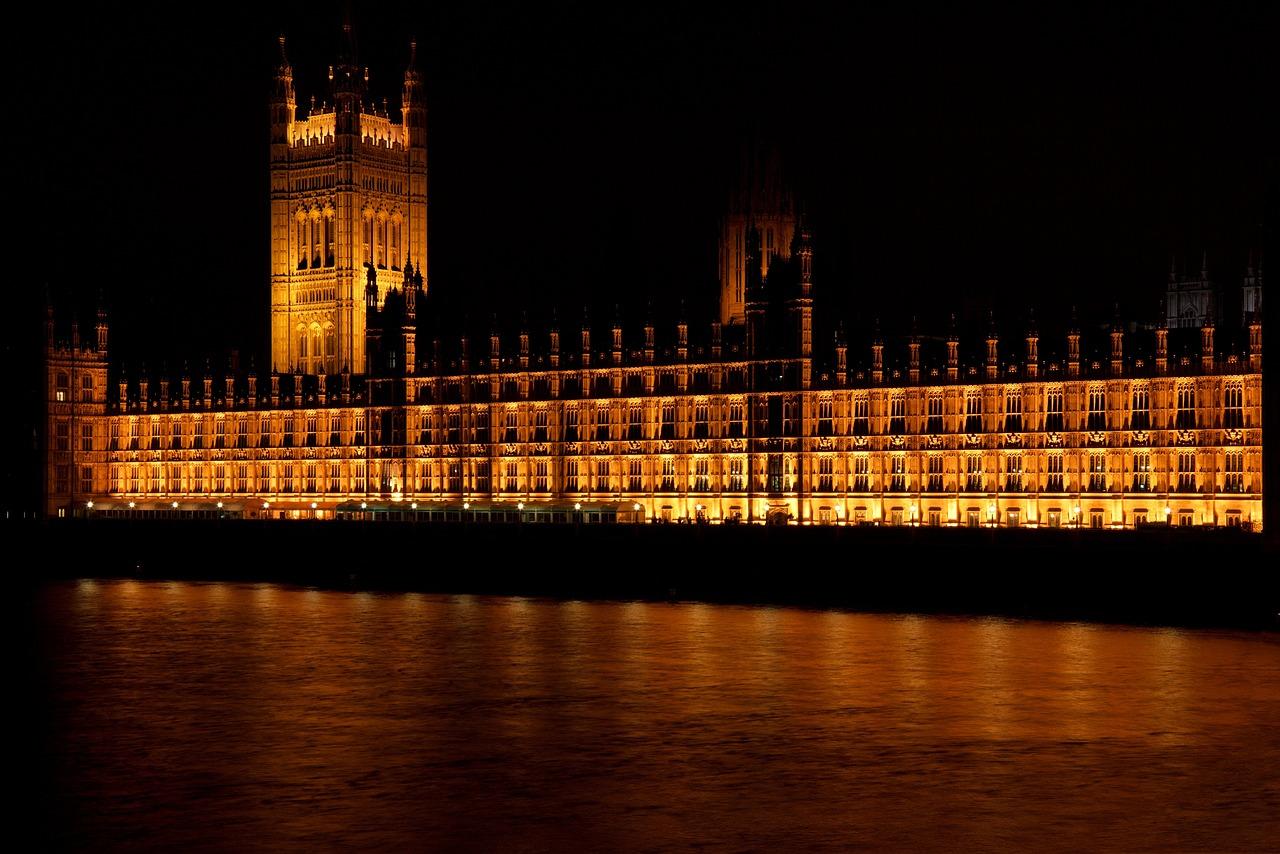The expectations of a possible increase in Black and Asian MPs in the UK Parliament

In April 2024, Humza Yousaf, Scotland’s first minister, and the first Muslim to lead a major political party in Britain, decided to resign from political office. In July 2024 Vaughan Gething, the first minister of Wales, announced his resignation after serving only four months in the position. The Zambian-born Gething has been referred to as the first Black person to lead a European country (although Septimius Severus, another African-born person, ruled not only Britain, but was Emperor of the Roman Empire nearly two thousand years ago). On 5 July 2024, Rishi Sunak, a British born man of East African-born Hindu parents who were of Indian Punjabi descent, resigned as prime minister of the UK. Within the period of four months, therefore, three political leaders from three different racial and ethnic minority groups representing three nations of the UK, had resigned from political office. It seems ironic, therefore, that while these three leaders have left public office, the UK Parliament, itself, has witnessed the largest ever number of Black and Asian MPs. A key question to consider, then, is whether these increasing numbers and changing demographics will raise expectations or feelings of empowerment for Black and Asian people in the wider British society. Afterall, when Barack Obama came to power in the USA, a number of Black people there felt this would signal the first time their voices would be heard by those in political leadership.
According to the 2021 census data provided by the government sources (GOV.UK), 82 per cent of people in England and Wales are white and 18 per cent belong to a Black, Asian, mixed or other ethnic group. Black, Black British, Caribbean or African, accounted for 4.2 per cent of the population in England and Wales, while Asian or Asian British accounted for 9.6 per cent. Analysis of census data by Matt Singh of Number Cruncher Politics, estimates that 14 per cent of the UK electorate is from an ethnic minority background. It seems the UK Parliament has begun to reflect the broader demographic of the wider country. In 2019 when the last general election was held there were 65 MPs (10%) who were non-white, with 41 members being from the Labour Party and 22 from the Conservative Party and two from the Liberal democrats. According to a report by Politics Europe (5 July 2024) the 2024 general election has resulted in a significant change in the demographic of the UK Parliament with a record number of 87 ethnic minority MPs elected.
With this level of increased diversity in Parliament, it would be reasonable to expect more benefits, representation, and support from MPs especially in constituencies predominated by Black and Asian communities. One of the main problems with such expectations is that MPs have to be seen to be serving everyone, and, we are, of course, still talking about communities, especially in the case of the Black population, which represents less than 5 per cent of the general population. Furthermore, even if individual MPs can make significant differences in their constituencies, it is not clear whether these will lead to wholesale changes nationally. At best, what we can expect over the next four to five years is probably more of the same, despite a Parliament with more Black and Asian people.
Dr. Tony Talburt is a senior lecturer in black studies at Birmingham City University, UK.






